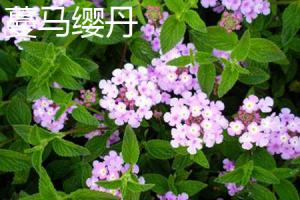Introduction
As a plant enthusiast, you may have heard of the practice of adding worms to your potted plants. While some gardeners swear by this method, others are skeptical. This article will examine the benefits and drawbacks of adding worms to your potted plants to help you decide if it is a good idea or not.
Benefits of Adding Worms to Potted Plants
There are several benefits to adding worms to your potted plants. Firstly, worms are natural composters. They eat organic matter and release it back into the soil in the form of nutrient-rich worm castings. This leads to healthier plants and improved soil quality.
Moreover, worms can help aerate the soil. As they move through the soil, they create tunnels that allow air and water to circulate more freely. This can help prevent soil compaction and create a better environment for roots to grow in.
Finally, worms can help regulate the pH of your soil. They release a substance called mucous, which can help balance acidic or alkaline soil, leading to optimal plant growth.
Drawbacks of Adding Worms to Potted Plants
Despite their many benefits, adding worms to potted plants can have some drawbacks. Firstly, worms need a certain environment to thrive. If your potted plant does not have the right conditions, such as the correct soil type or enough moisture, your worms may die.
Moreover, worms can attract other pests, such as mites or fruit flies. This can be especially problematic if you keep your potted plants inside your home.
Finally, worms can be messy. While their castings are beneficial for your plants, they can also be unsightly and attract unwanted attention. Additionally, worms may try to escape your potted plants in search of food or better conditions.
Is it Good to Put Worms in Your Potted Plants?
The answer to whether you should add worms to your potted plants depends on various factors. If you have the space and resources to create the ideal environment for worms to thrive, it can be a beneficial addition to your plants. However, if you have limited space or are keeping your potted plants indoors, the drawbacks may outweigh the benefits.
If you do decide to add worms to your potted plants, make sure to research the specific needs of the species you choose. Some worms, such as red wigglers, are known to thrive in potted plants, while others may not adapt as well.
Conclusion
In conclusion, adding worms to your potted plants can have several benefits, including improved soil quality, better aeration, and regulated pH. However, there are also potential drawbacks, such as attracting pests and creating a messy appearance. Ultimately, the decision to add worms to your potted plants should be based on your unique circumstances and preferences.

 how many times do yo...
how many times do yo... how many planted tre...
how many planted tre... how many pine trees ...
how many pine trees ... how many pecan trees...
how many pecan trees... how many plants comp...
how many plants comp... how many plants can ...
how many plants can ... how many plants and ...
how many plants and ... how many pepper plan...
how many pepper plan...
































